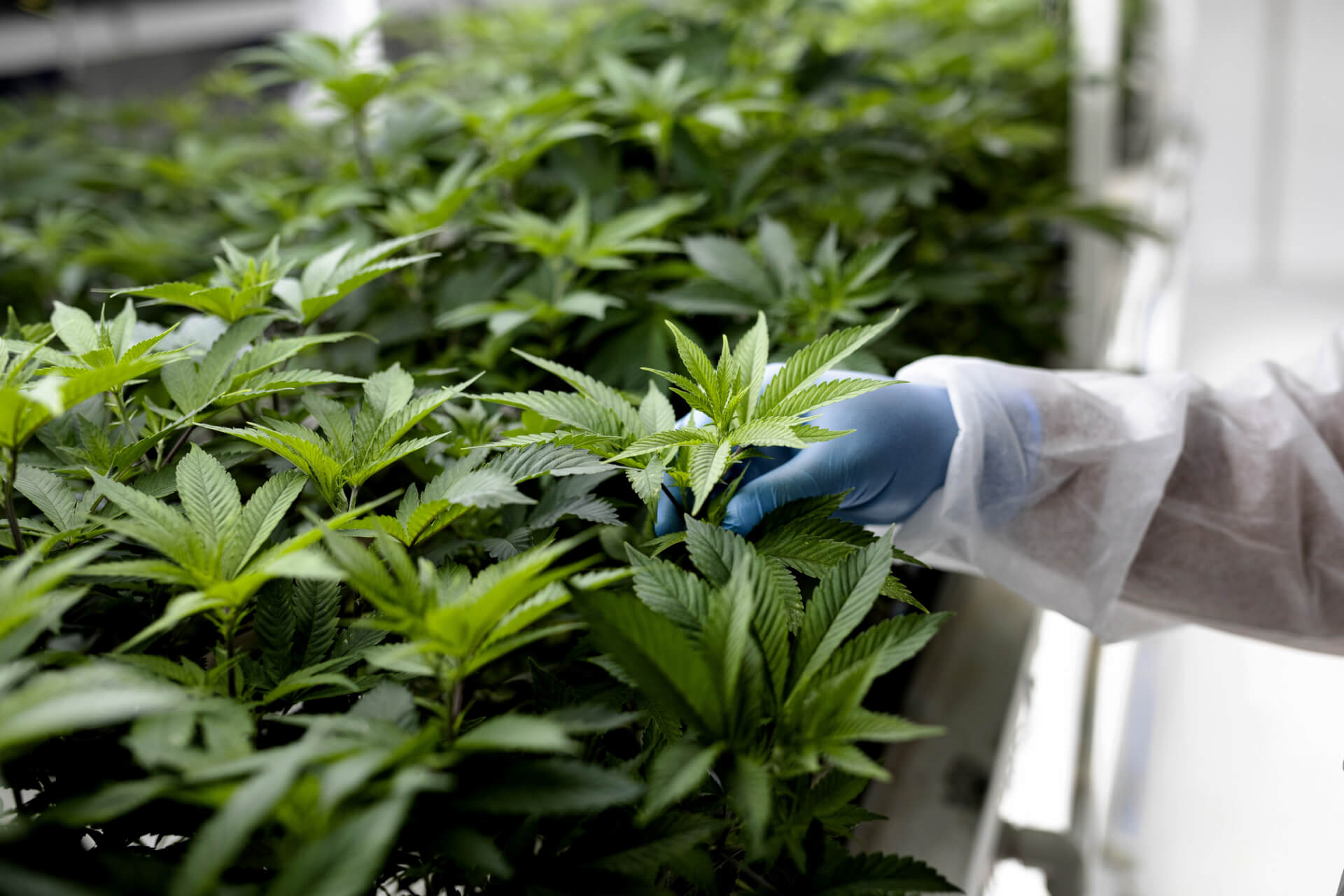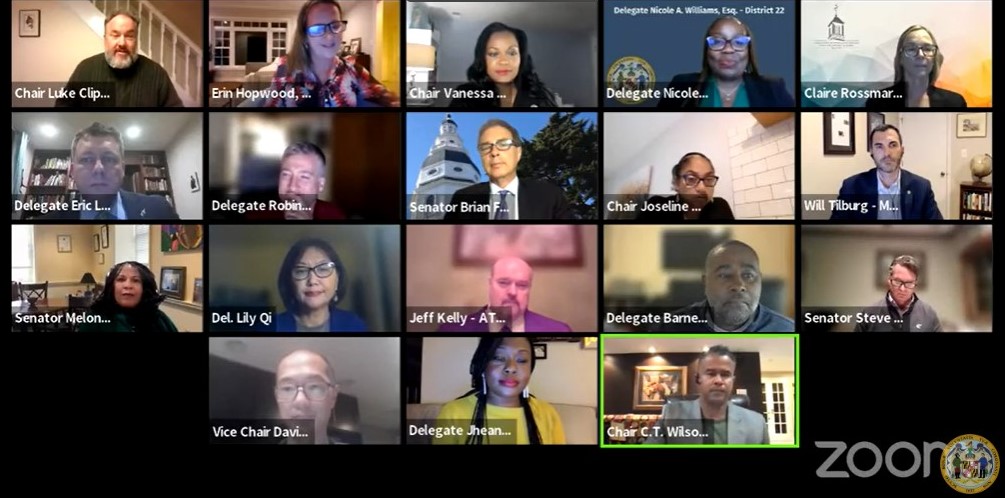States banking on a consistent flow of revenue from the legalization of marijuana should slow their roll, according to a new report. That’s because the industry is too new for budget analysts to produce estimates that legislators can have confidence in.
“In Nevada’s first six months of collecting marijuana taxes, revenue came in 40 percent higher than budget officials expected, but in neighboring California revenue was 45 percent below projections in the first six months of collecting marijuana taxes,” the Pew Charitable Trusts report concludes.
“With more states considering legalizing marijuana, forecasting and budgeting difficulties for revenue from recreational marijuana taxes are likely to become widespread,” researchers added.
Forecasting misfires can have consequences for states that hope the legalization of marijuana will allow them to boost spending on government programs, the report warned.
The analysis comes as Maryland and dozens of other states contemplate legalizing pot for adult use. Eleven states and Washington, D.C., have already done so.
In Maryland, the Kirwan Commission has struggled to find a revenue stream for its ambitious educational reforms, leading many policymakers to speculate that a “pot for tots” play may be in the offing. That seems less likely given the revenue rollercoaster being experienced by the early-adopter states.
In a briefing for legislators on Monday, William C. Tilburg, director of Policy and Government Relations at the Maryland Medical Cannabis Commission, said it’s impossible to know how many of the people who use marijuana illegally will would shift to storefront product.
“This has been an illegal drug for decades,” he told the state legislature’s Marijuana Legalization Workgroup. “There’s not good data on how many individuals and the types of individuals that would purchase retail cannabis.”
Tilburg said legal weed tends to be more expensive, because retailers have to pay licensing fees and put their product through government-mandated testing. “These are things the black market doesn’t have to go through.”
John Hudak, senior fellow at The Brookings Institution, cautioned lawmakers not to assume that current sellers will abandon their business just because the state makes it legal.
“The idea that ‘we’ll legalize and the black market is gone’ is obviously naive,” he said.
Lawmakers told to think like a drug user
Hudak said retail locations may be less convenient than a neighborhood supplier. Price-sensitive consumers will be drawn to the cost savings. Others will do it out of habit or loyalty to their seller.
“Put yourself in the shoes of an average cannabis consumer,” Hudak told lawmakers, drawing chuckles. “Typically, when you’re having a public policy debate, a legislator is not going to say, ‘How would a marijuana user think?’ But here you really need to do that.”
It’s not clear that the Marijuana Legalization Workgroup — a bipartisan panel that includes members of both chambers — will recommend legislation in time for the 2020 session. And if they do, there is no guarantee lawmakers are ready to give legalization the green light.
The experts who testified at Monday’s work session offered a glimpse into the issues that states confront when making pot legal for adults:
— Will legalization lead to an increase in teen usage? (In Colorado, the first state to allow marijuana sales, youth use has decreased slightly.)
— Will more people drive under the influence of drugs?
— Will law-enforcement back away from arresting street-corner dealers because “it’s legal now”?
— Should people accused and/or convicted of possession of small amounts of marijuana in the past have their records expunged?
— Should states allow marijuana deliveries?
— Should they allow advertising on radio, TV, print or the Internet?
— Should there be limits on the health claims or other benefits associated with marijuana use?
Lawmakers got a feel for the amount of work state agencies will need to do to administer an adult-use program in Maryland – which they perhaps found surprising.
It came from Mathew R. Swinburne, associate director of The Network for Public Health Law, Eastern Region, who found that in Illinois – the most recent state to legalize marijuana – six state entities will have a hand in administering sales, including the Cannabis Regulation Oversight Officer and the Departments of Financial and Professional Regulation, Agriculture, Public Health, Revenue, and Commerce and Economic Opportunity.
“You can see that to effectively manage an adult use market you’re going to need expertise of a lot of agencies,” Swinburne said.
It typically takes between nine months and two years to get the market up and running, lawmakers were told, meaning revenues — if and when they flow — won’t come immediately.
Nearly 30 percent of Americans — approximately 93 million people — now live in a state where marijuana sales are legal, Hudak said.




 Creative Commons Attribution
Creative Commons Attribution